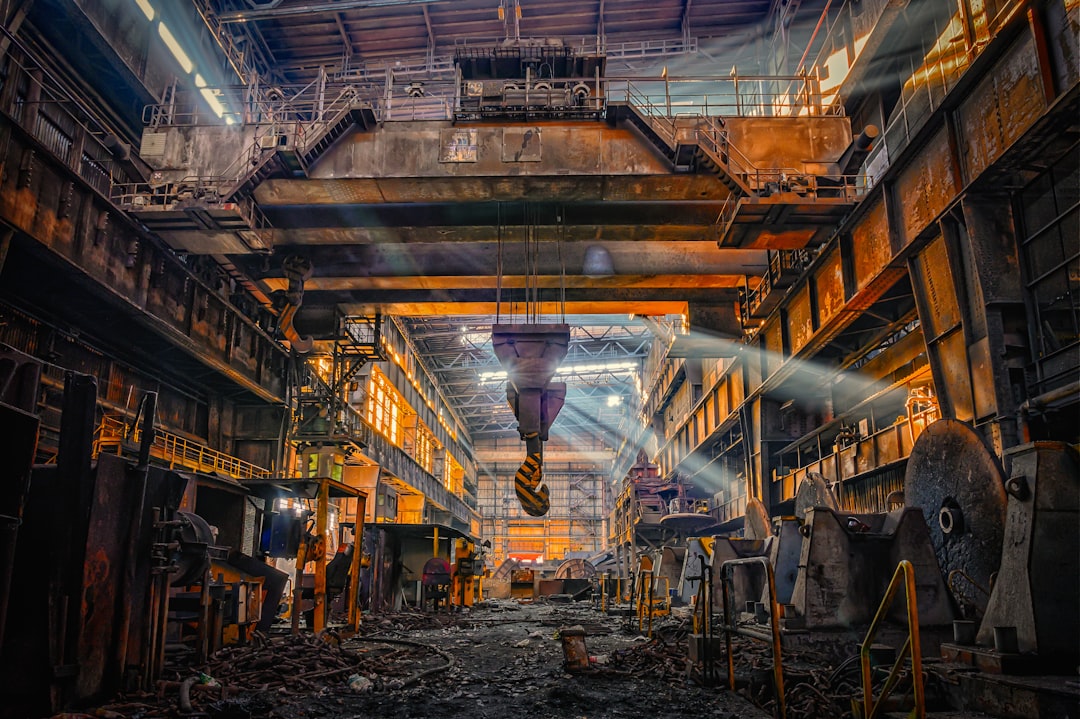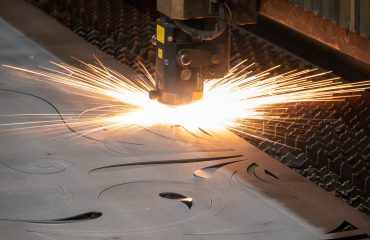The steel market is complex, volatile, and brimming with technical jargon. For buyers, navigating this landscape can feel like traversing a minefield. Making the wrong choices can lead to costly mistakes, project delays, and compromised quality. This is where expert technical consulting for steel buyers becomes invaluable. This comprehensive guide explores how technical consulting can transform your steel procurement process, leading to significant cost savings, improved quality control, and a more efficient supply chain.
Understanding Your Steel Needs: The Foundation of Smart Buying
Before diving into the market, a thorough understanding of your specific needs is paramount. Technical consultants work with you to define your project requirements, analyzing factors such as:
- Application specifics: What will the steel be used for? Knowing the intended application dictates the necessary grade, strength, and other crucial properties.
- Performance requirements: What levels of strength, ductility, corrosion resistance, and weldability are essential?
- Budget constraints: Setting a realistic budget early on helps narrow down suitable steel grades and suppliers.
- Volume and delivery timelines: Understanding your volume requirements and delivery deadlines allows consultants to optimize sourcing strategies.
- Regulatory compliance: Ensuring the chosen steel meets all relevant industry standards and regulations is critical.
This detailed analysis forms the bedrock of a successful steel procurement strategy, preventing costly mistakes from the outset.
Optimizing Steel Selection: Choosing the Right Grade and Specification
With a clear understanding of your needs, the next step is selecting the appropriate steel grade and specification. Technical consultants possess in-depth knowledge of various steel grades, their properties, and their suitability for different applications. They can help you:
- Navigate the complexities of steel standards: Understanding standards like ASTM, EN, and JIS is crucial. Consultants translate these technical specifications into practical implications for your project.
- Identify cost-effective alternatives: They can suggest alternative steel grades that meet your requirements at a lower cost without compromising quality.
- Avoid over-specification: Often, buyers specify higher grades than necessary, leading to unnecessary expenses. Consultants ensure you select the most appropriate grade for your application.
- Consider lifecycle costs: They evaluate the long-term cost implications of different steel choices, factoring in factors like maintenance and lifespan.
This process ensures you get the best possible steel for your needs without overspending.
Negotiating Favorable Terms with Suppliers: Leveraging Market Expertise
The steel market is dynamic, with prices fluctuating based on various factors. Technical consultants possess market intelligence and negotiation skills that can significantly benefit your organization. They can:
- Analyze market trends: They understand current market conditions, price fluctuations, and supply chain dynamics, enabling them to negotiate favorable pricing.
- Identify reliable suppliers: They have established relationships with reputable steel suppliers, ensuring you source from reliable and high-quality sources.
- Negotiate contracts: They help you negotiate favorable contract terms, including pricing, delivery schedules, and payment terms.
- Manage risk: They help mitigate risks associated with supply chain disruptions, price volatility, and quality issues.
Their expertise ensures you secure the best possible terms and conditions from your suppliers.
Ensuring Steel Quality and Compliance: From Mill to Project
Maintaining steel quality throughout the entire supply chain is essential. Technical consultants play a critical role in ensuring compliance and quality control, including:
- Specifying quality control measures: They help define appropriate quality control checks at each stage of the process, from mill testing to on-site inspection.
- Interpreting test reports: They understand and interpret complex metallurgical test reports, ensuring the steel meets your specified requirements.
- Managing non-conformances: If quality issues arise, they help resolve them efficiently and effectively.
- Ensuring regulatory compliance: They ensure your steel procurement process complies with all relevant safety and environmental regulations.
This comprehensive quality assurance approach minimizes risks and ensures the integrity of your project.
Streamlining Your Steel Procurement Process: Efficiency and Cost Savings
Technical consultants help streamline your steel procurement process, leading to significant efficiencies and cost savings. They can:
- Develop standardized procurement procedures: They help establish efficient and consistent processes for steel procurement.
- Implement inventory management strategies: They optimize inventory levels, reducing storage costs and minimizing waste.
- Utilize technology: They leverage technology to improve communication, track shipments, and manage data efficiently.
- Provide ongoing support: They offer continued support and guidance throughout your steel procurement process, ensuring smooth operations.
By streamlining your processes, technical consulting helps you save time, reduce costs, and improve overall efficiency.
In conclusion, technical consulting for steel buyers is an investment that pays significant dividends. By leveraging the expertise of experienced consultants, organizations can navigate the complexities of the steel market, secure high-quality materials at optimal prices, and streamline their procurement processes. This ultimately leads to improved project outcomes, reduced costs, and a more robust and efficient supply chain.
Tags: steel buying, technical consulting, steel procurement, steel quality control, steel supply chain




